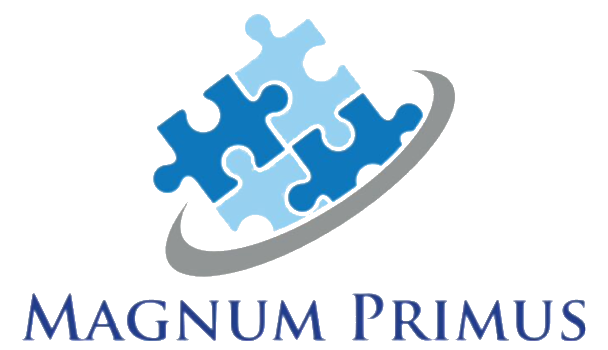Process Manufacturing

SAP plays a pivotal role in the process manufacturing industry by offering integrated solutions tailored to its unique needs. Here’s how SAP proves its relevance:
- Batch-Oriented Manufacturing: SAP’s Production Planning for Process Industries (PP-PI) module is specifically designed for batch-oriented manufacturing, which is common in industries like chemicals, pharmaceuticals, and food and beverages.
- Master Recipes and Process Orders: It enables the creation of master recipes and process orders, ensuring that production processes are consistent and efficient.
- Integrated Planning: SAP facilitates the integration of production, waste disposal, and transport activities, streamlining operations and reducing inefficiencies.
- Real-Time Data and Automation: By automating tasks like inventory management and quality control, SAP reduces human error and enhances decision-making through real-time data sharing.
- Sustainability and Resilience: With the advent of Industry 5.0, SAP is evolving to support sustainable and resilient manufacturing practices, emphasizing human-machine collaboration and environmental responsibility
Automobile Components

SAP is highly useful in the automobile component industry, offering solutions that address its unique challenges and requirements. Here’s how SAP contributes:
- Supply Chain Optimization: SAP’s Supply Chain Management (SCM) tools help manufacturers manage complex supply chains, track inventory, and optimize supplier relationships.
- Production Planning: The Production Planning (PP) module enables efficient scheduling and resource management, ensuring timely delivery and quality standards.
- Inventory and Warehouse Management: SAP’s Warehouse Management (WM) and Inventory Management (IM) systems provide real-time tracking of stock levels, improving efficiency in storage and shipping.
- Quality Management: SAP’s Quality Management (QM) module ensures compliance with rigorous quality standards and regulatory requirements, reducing risks of recalls.
- Collaboration and Data Exchange: Initiatives like Catena-X, supported by SAP, enable secure data exchange across the supply chain, enhancing trust and efficiency
Life Sciences / pharmaceutical

SAP’s efficacy in the life sciences industry is unmatched. It offers solutions that address its unique challenges and opportunities. Here’s how SAP contributes:
- Operational Excellence: SAP helps life sciences companies enhance clinical trials, reduce manufacturing cycle times, improve quality and compliance, and enable anti-counterfeiting measures.
- Regulatory Compliance: SAP supports proactive compliance with evolving regulations, ensuring companies can scale therapy delivery while adhering to strict standards.
- Industry 4.0 Integration: SAP leverages Industry 4.0 technologies, such as digital twins and real-time manufacturing automation, to elevate production processes and enable personalized treatments.
- Supply Chain Management: SAP solutions facilitate cold chain logistics and batch tracking, ensuring temperature-controlled handling and chain-of-custody tracking for sensitive materials.
- Growth and Innovation: SAP empowers life sciences companies to transform operations, boost margins, and stay competitive in a rapidly evolving market.
Professional services

SAP offers tailored solutions to address the unique challenges of professional services industry. Here’s how SAP contributes:
- Project and Resource Management: SAP enables efficient planning, execution, and monitoring of projects, ensuring timely delivery and cost control. It also optimizes resource allocation to match client needs.
- Financial Management: With tools for budgeting, cost allocation, and flexible billing, SAP ensures accurate financial tracking, transparency, and compliance with industry standards.
- Client Relationship Management (CRM): SAP’s CRM tools provide insights into client needs, monitor project progress, and enhance client satisfaction through personalized services.
- Data-Driven Decision Making: SAP leverages real-time analytics to track performance metrics, measure project profitability, and uncover growth opportunities.
- Workforce Management: SAP’s Human Capital Management (HCM) solutions help manage talent effectively, track employee performance, and optimize staffing.
- Automation: SAP streamlines routine tasks like timesheet tracking and invoicing, allowing teams to focus on delivering high-value services.
- Global Operations Support: SAP supports multi-currency, multi-language, and multi-region operations, making it ideal for firms with global reach.

